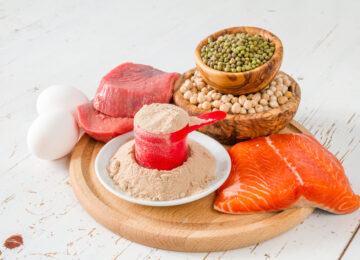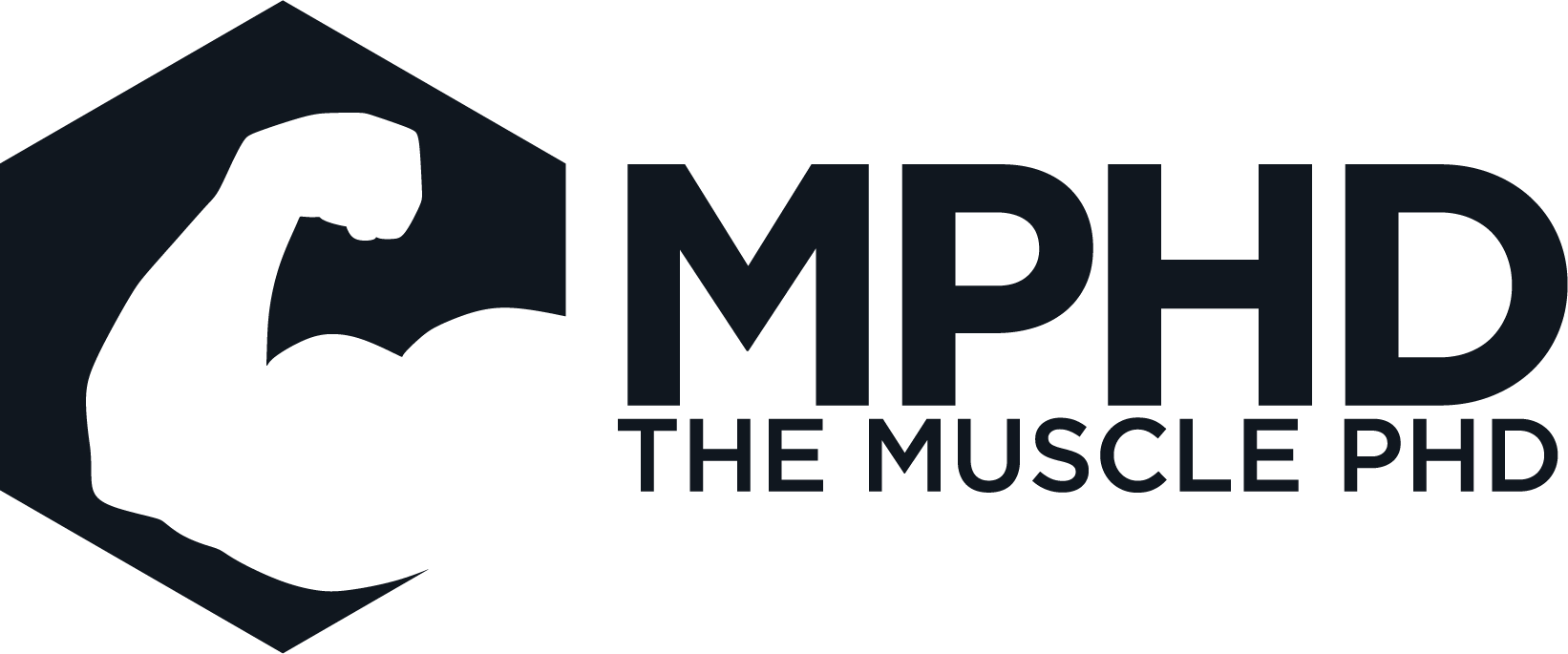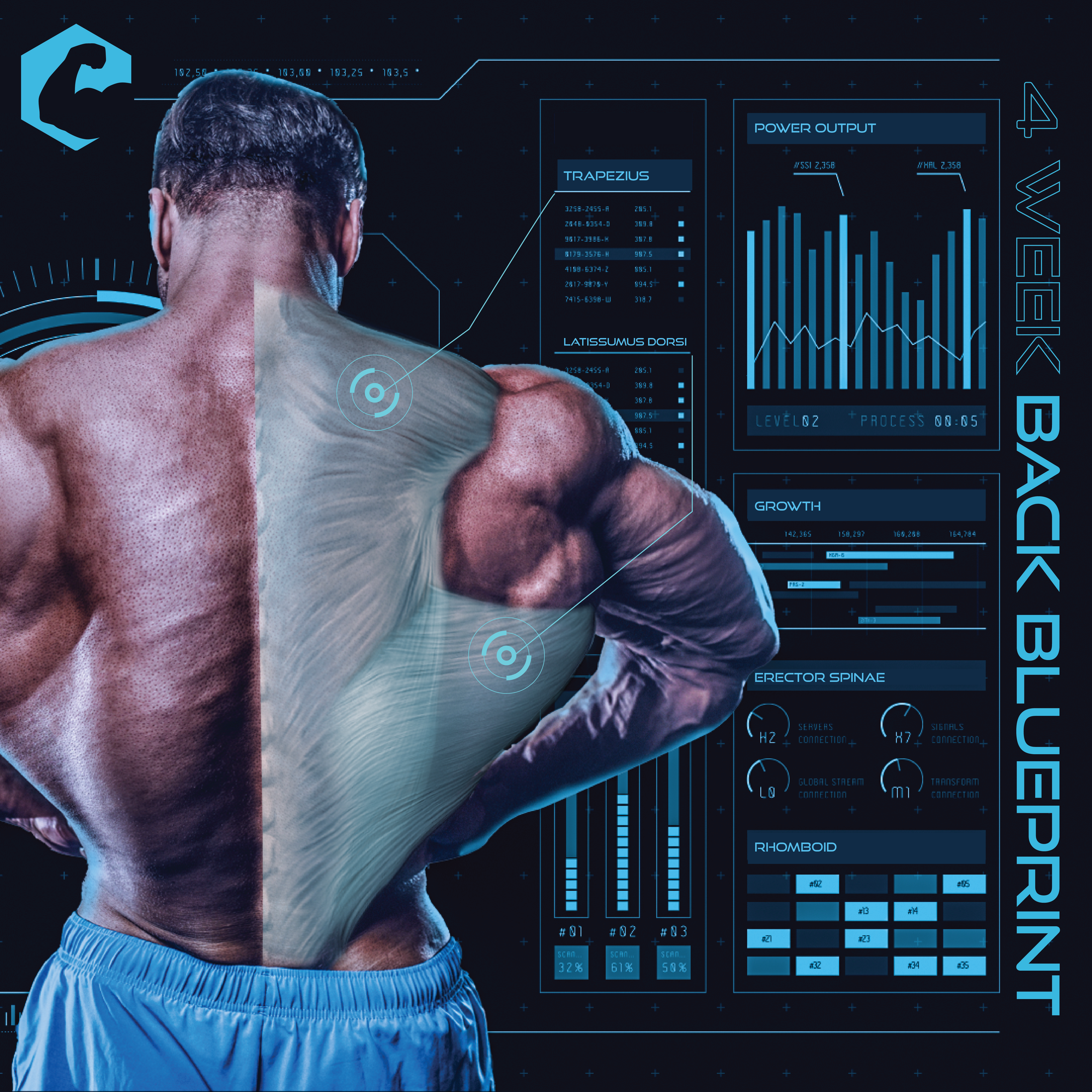You’ve probably looked at those old VHS tapes of bodybuilding contests in the late 70s or even early 80s, and you saw that those athletes were MASSIVE. You could clearly see their muscle anatomy; however, you could also see their protruding gut, which no doubt is incredibly muscular, just not as aesthetic as today’s standards.
How did they ever get so big?
Well, besides the human growth hormone being introduced back then, a lot of these athletes discovered the benefits of insulin. They found that insulin maximizes anabolism, and it doesn’t even need carbohydrates to be stimulated to the maximum–you only need to eat things like whey.
So to answer the question right out the gate, YES, insulin is anabolic–but there are a few things you need to take note of.
Studies designed to test whether insulin is anabolic or not gave participants an agent that lowered the insulin in their blood–essentially an insulin antagonist. They then started lowering that dosage, and increasing the insulin bit by bit. They found that insulin would increase protein synthesis in a linear fashion, but then the progress plateaued off, staying slightly above fasting levels.
That’s when they found out that lowering insulin below fasting levels minimizes its effect on anabolism. So the question is…
How Much Insulin Do You Need to Maximize Anabolism?

These studies found that as soon as you eat a normal meal, you get an insulin response, which maxes out the physiological effect of insulin.
They also found that contrary to common belief at the time, you don’t need carbohydrates to stimulate an insulin response. You can drink protein, or eat something like whey protein. You’ll be able to stimulate plenty of insulin, just like carbohydrates do.
Don’t Fall Into This Trap
Right now, you’re probably thinking of taking all these insulin-inducing meals that’ll raise your insulin levels to the maximum. Don’t, and we’ll tell you why.
Studies show that insulin by itself won’t make you grow, in fact, all it will do is make you insulin resistant. Once your organs are introduced to large doses of insulin for an extended period of time, they start losing their insulin sensitivity and getting resistant, prompting your body to produce it at higher and higher levels.
Inevitably you’ll become fully resistant to insulin. Nobody wants that!
Why Do Bodybuilders Take Insulin?
We mentioned before about all these bodybuilders between the 1970s-1980s looking MASSIVE on stage. The fact of the matter is, these bodybuilders were mostly 300 lbs off-season!
While a lot of people consider this period to be the golden age of bodybuilding, in truth, these athletes were introduced to insulin and growth hormone. The only reason they were able to grow that big was by eating a lot more than they normally would have, and granted, lifting heavier than they normally would have.
However, this doesn’t contradict what we’ve been talking about all this time. They were taking insulin at super physiological levels, and studies show that taking insulin in those high amounts can only do two things: insulin can decrease protein synthesis, and it can also increase it.
Insulin can drive amino acids into the muscle, thereby driving blood flow into the muscle. This means that you’ll be able to do a higher number of pumps, since your blood oxygen isn’t getting cut from your muscle.
However, studies also show that while insulin does help drive amino acids to the muscle, when you take it in super physiologically high levels, it drops. Basically, you have to consume an equally high amount of protein, otherwise, all the anabolic benefits of insulin will go out of the window.

That’s what these bodybuilders were doing back then–high amounts of insulin, coupled with a huge protein intake. However, you’ve seen the result of that. While this can maximize the anabolic effect of insulin, it also has a lot of apparent side effects.
The combination of growth hormone and insulin leads to a huge gut, which is not as aesthetic or symmetrical as today’s standards. Not to mention, it also brings a variety of problems with it, such as insulin resistance, among others.
We would not recommend taking that approach. So, is insulin anabolic? It definitely is.
But only when you’re getting the normal response from your average meal. It’s a good servant, but a bad master. In other words, if you’re overly reliant on insulin to increase your anabolism, you’ll reach a point where you’ll suffer from a lot of health issues.
We hope you’ve been able to get all the insight you needed on the anabolism of insulin! We’ll see you again in the next article.









